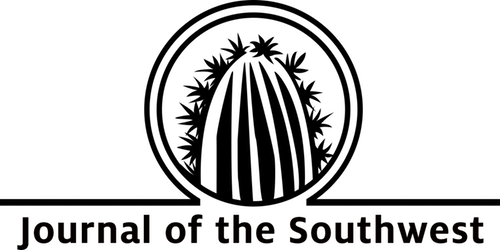From the Archive – The Border/ Christina Leza
When the existing U.S.-Mexico border was established, the homelands of numerous indigenous peoples were split, dividing the populations of once-whole indigenous communities. The creation of the political border has resulted in physical and ideological barriers dividing traditionally united peoples on the U.S.-Mexico border, impacting notions of local indigenous identity within their communities. For indigenous peoples on the U.S.-Mexico border, the border impacts perceptions of self and “Other” as shifting beliefs and attitudes regarding the border shape identity construction among indigenous border residents. This essay addresses the complexity of identity construction and representation for U.S.-Mexico border indigenous peoples, with a focus on U.S. indigenous community members. I argue that indigenous individuals with U.S. citizenship and belonging to indigenous nations with cultural ties to Mexico experience a complex process of identity construction that may involve shifting perceptions of self in relationship to nationality, ethnicity, and politics. While U.S. members of border indigenous nations primarily identify by community or tribal affiliation, border peoples may also identify as “Native American,” “Native,” “Indigenous,” “Indígena,” “Indian,” “American Indian,” “American,” or “Mexican” depending on social context and personal life experience. As Tohono O’odham Nation member Ramon Valenzuela states, “I am O’odham first, and American or Mexican second or third” (Archibold 2006). I further argue that conflations of race and nationality among border indigenous community members result in indigenous intra-community racism, while indigenous languages and other traditional community practices represent “family” ties across the U.S-Mexico border divide.
Indigenous peoples on both sides of the U.S.-Mexico border construct their identities through nationalistic narratives about what constitutes an indigenous person as well a citizen of both a particular indigenous and settler nation. While indigenous peoples may hold distinct notions of themselves as citizens of their own Native nations, different in many ways from the larger nation-state citizenship, widespread narratives about what constitutes a “Native American” or “Indígena” in nationalistic terms significantly impact the individual identity narratives of U.S.-Mexico border indigenous persons. Discourse about what constitutes a Yaqui (Yoeme), an O’odham, or any indigenous person intertwines with daily social practices important to identity performance. […]

